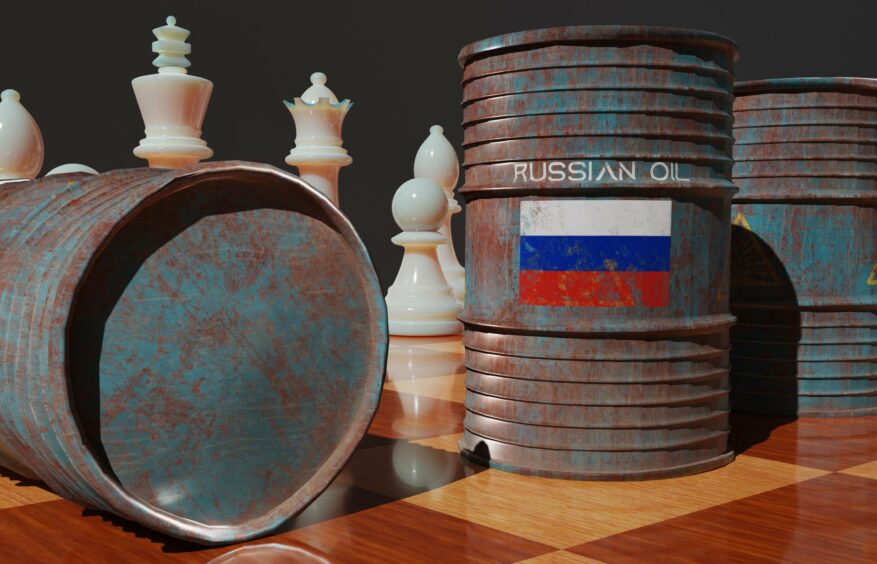
Oil fluctuated as investors weighed a pledge by the Group of Seven to ban imports of Russian crude against a cut in official prices by Saudi Arabia and the impact of China’s energy-sapping lockdowns.
West Texas Intermediate traded near $110 a barrel after earlier losing as much as 1.7%. The leaders of the most industrialised countries made the vow in response to President Vladimir Putin’s war in Ukraine after holding a video call with Ukraine President Volodymyr Zelenskiy on Sunday. A similar plan by the European Union, or EU, has yet to be agreed as some members object.
Saudi Arabia cut prices for buyers in Asia as coronavirus lockdowns in China weigh on consumption in the top importer. State-controlled Saudi Aramco lowered prices for the first time in four months, dropping its key Arab Light grade for next month’s flows to $4.40 a barrel above the benchmark it uses.
Crude has had a tempestuous year as Russia’s invasion of its smaller neighbour upended global commodity markets, lifting prices. The U.S. and the U.K. have already moved to ban imports of Russian fuel in response to the assault, but the weekend pledge by the G-7 will increase the pressure on Moscow further. Raw material prices have also been buffeted as leading central banks including the U.S. Federal Reserve tighten policy to quell a powerful surge in inflation.
“Expect some pullback in prices as the EU struggles to get unanimity on a Russian oil ban,” said Vandana Hari, founder of oil analysis firm Vanda Insights. The downside may be limited, however, as the bloc continues with its efforts to reach consensus, keeping the market on tenterhooks, she added.
Prices:
WTI for June delivery added 0.3% to $110.10 a barrel on the New York Mercantile Exchange at 11:07 a.m. in Singapore.
Brent for July settlement rose 0.4% to $112.79 a barrel on the ICE Futures Europe exchange.
The G-7 leaders made their commitment to phasing out Russian oil on the eve of Russia’s May 9 Victory Day, which commemorates the nation’s role in the triumph over Nazi Germany in World War II. The date has become a touchstone of the Kremlin’s campaign to whip up public support for the invasion.
“It’s an extremely difficult decision for a country that imports most of its energy,” Japanese Prime Minister Fumio Kishida said. “But this is a time when G-7 unity is more important than anything.”
The plan by the EU to follow suit with its own ban on Russian crude remains under discussion amid objections from Hungary. A meeting of the bloc’s 27 ambassadors ended on Sunday without an agreement, with talks expected to resume in the coming days. A ban on shipping Russian oil to third countries may also be delayed until G-7 countries commit to similar measures.
China’s repeated attempts to halt Covid-19 outbreaks with the lockdown of urban centers including the key hub of Shanghai have curbed energy consumption. Highlighting the economic damage, Premier Li Keqiang warned at the weekend of a “complicated and grave” employment situation.
Still, oil markets remain in backwardation, a bullish pattern marked by near-term prices commanding a premium to those further out. The spread between Brent’s two nearest December contracts climbed to $13.91 a barrel, close to the level seen in the initial weeks after Russia began its invasion.